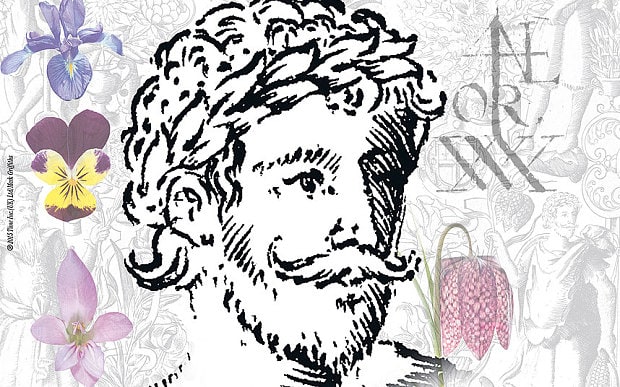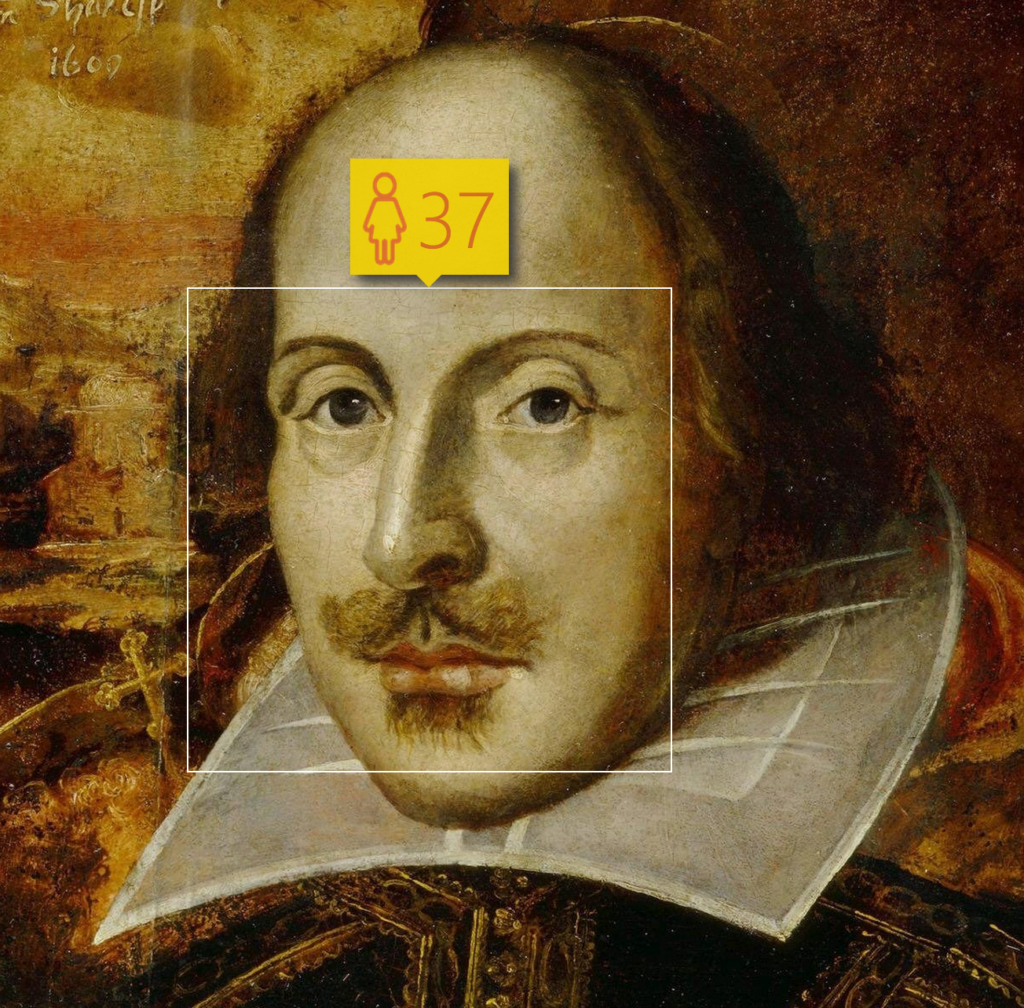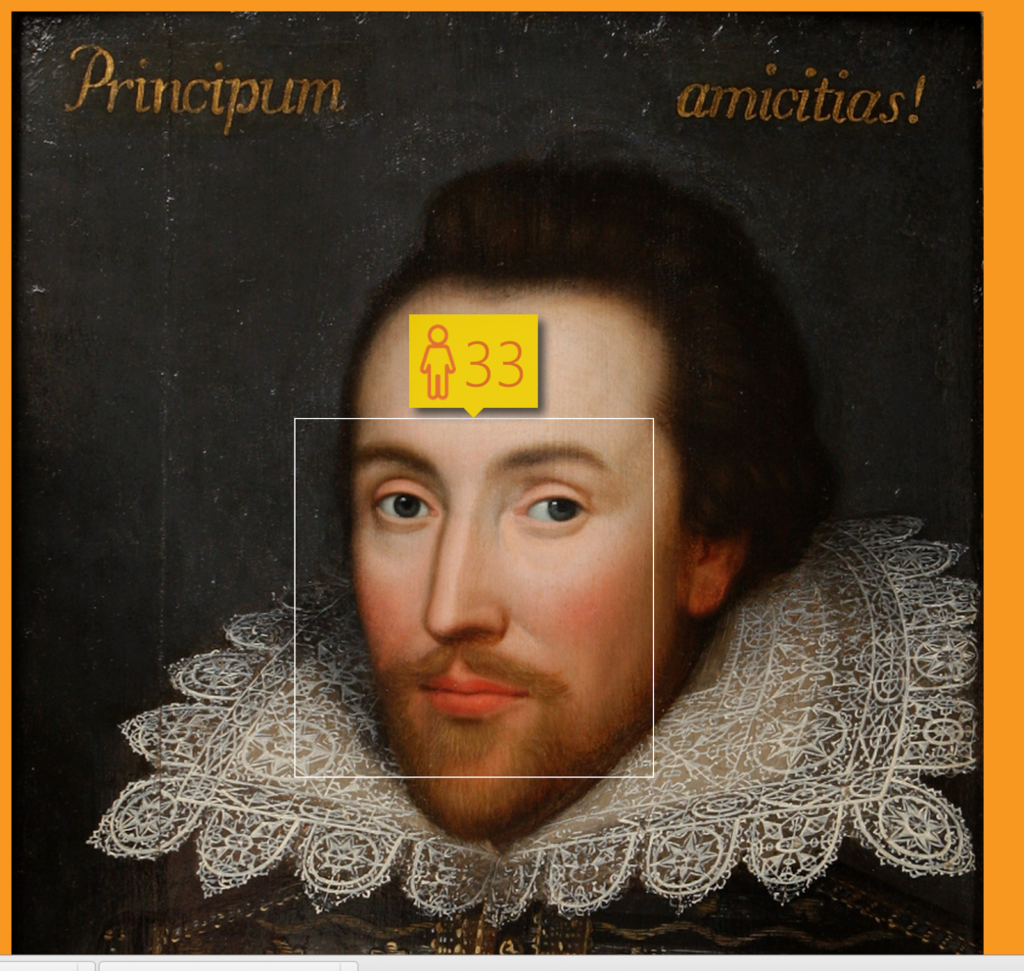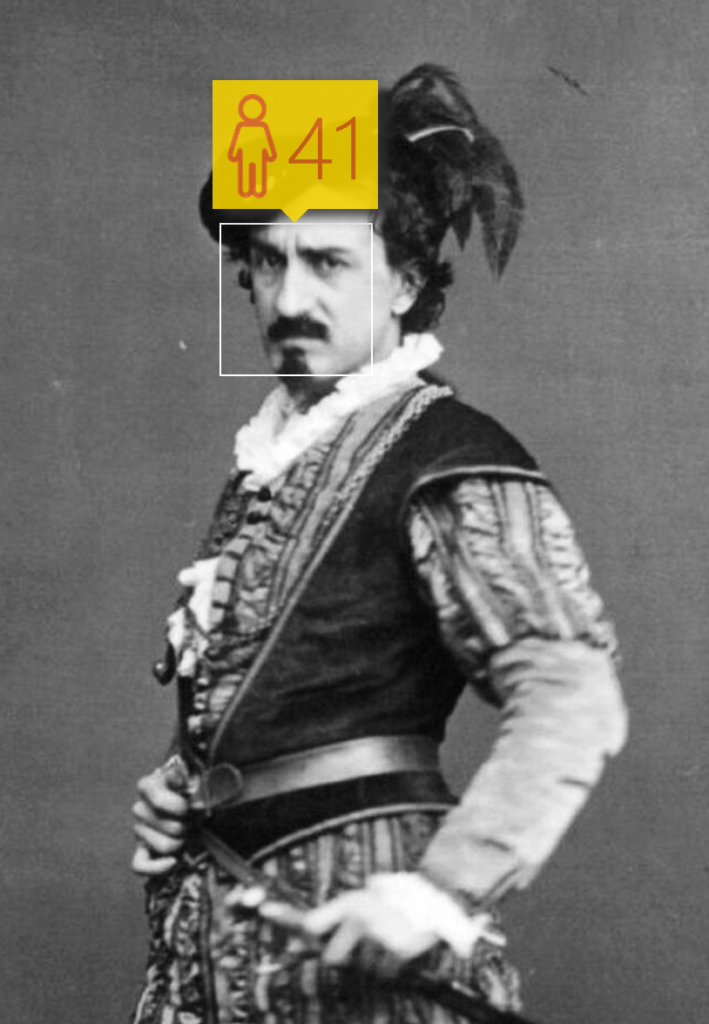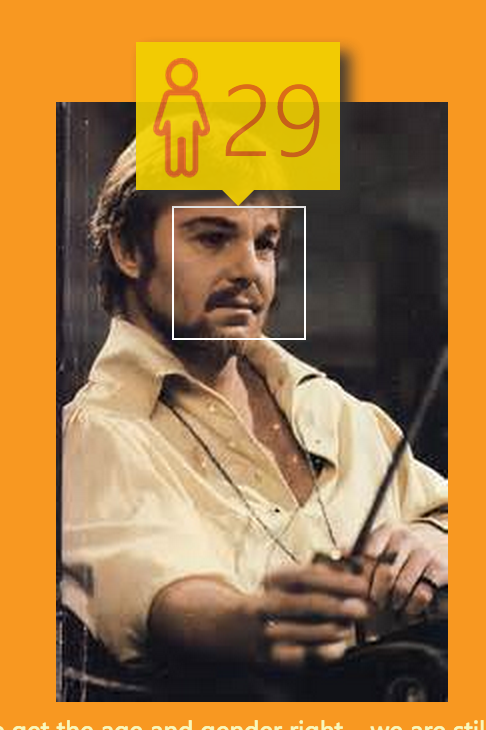It’s time once again for your Shakespeare Geek to head into his children’s classroom and volunteer to expose them to the wonderful world of Shakespeare. I’ve been doing it for years, and it’s always quite the experience.
This year my daughter is turning 11, which puts her in 5th grade according to typical USA grading levels (I know sometimes saying grade 5 is really confusing to my international readers). In third grade we’d done Midsummer and in fourth grade we’d done selections from Hamlet and Romeo and Juliet. So this year it was Macbeth by request.
In the past I’ve taken a firm stance on not using “modern interpretation” because I think that you’re not giving the kids a chance to appreciate the original that way, you’re just somebody retelling the story. From experience I’ve taken a step back from that stance, however. This is not a stage production where I’ve got a multiple visits and rehearsals with these kids. I need to get them introduced to the topic and doing something with it in a single visit, typically 30-60 minutes. I could easily spend that much time doing a single scene of a single play, in original text. While most of the class sits watching, bored.
So instead I did something different. I banged out my own “kid’s Macbeth”. Half streamlined summary, half modern language, with some key classic bits left in because I wanted them to be able at the end of it to say that they’re performed Shakespeare and not just some random dad’s retelling of Shakespeare.
I get there and am quite pleased that they are expecting me, and looking forward to it. I check to see how many of the kids were with me for fourth grade or third grade, and it looks like more than half the kids have done Shakespeare with me in the past. So I dive right in and tell them about what we’ll be working on today – Shakespeare’s scariest story complete with murderers and ghosts and witches and beheadings, and I’m pleased to see a number of fist pumps at the prospect. I go on to tell them a little bit about King James and why Shakespeare wrote Macbeth. And of course I tell them about the curse. “Shakespeare wrote a play about witches that was so good, that he may have overshot his mark just a bit. This play is so realistic, and so scary, that people believe he actually conjured real demons who put a real life curse on the play.” Well, the kids just eat that up.
I also have a treat in store. I explain to them that they all already know at least some Macbeth. I nod to the teacher to cue up the video that I’ve brought. I ask who has ever heard of a book called Harry Potter. Hands shoot up. I ask who has seen the movie. I ask who has seen the third movie, Prisoner of Azkaban. They begin discussing among themselves which one that was. I say, “Watch this.”
*BOOM* I drop my massive copy of the First Folio on one kid’s desk (I love doing that), opened to the appropriate page, and read, “Fillet of a fenny snake, in the cauldron boil and bake. Double double toil and trouble, fire burn and cauldron bubble.” What you just heard? Shakespeare wrote that four hundred years ago.
One girl says to no one in particular, “I think I’ve heard that before.”
“I guarantee you’ve heard that before,” I tell them. “At one point in your lives, whether it was a tv show or a movie or a cartoon, if you’ve ever seen the image of witches around a cauldron making a magic potion, you’ve seen those lines. And you know what? Now you get to perform them.”
So we dive right in and I explain my version of what somebody once told me was the “whoosh” game. To avoid fighting over parts, what we’ll do is have a steady stream of kids come up at every Entrance. Enter as Macbeth? Fine. But once you exit, you get back in line, and next time you might be entering as a messenger or Banquo or a witch. Just go with it. I encourage them that if you’re a ghost, give me some serious ghost moves, make it scary Walking Dead zombie stuff. And if you’re a witch, even if you’re a boy, you make sure to bring your cackly witch voice. If you get to kill somebody make it a good one, and if you get to die, die a glorious death.
We also did something different with the script. I asked the teacher to project it on the wall, teleprompter style. I knew that this would be an issue with looking at the screen instead of each other, but I thought this would be better than having them constantly lose their place flipping through a paper script. (We actually compromised, since I got there and she had printed all the scripts — so the kids in their seats followed along on paper while the kids ‘on stage’ read from the screen.)
I won’t go over the entire thing but the opening scene offers a good example:
SCENE
Sounds of a battle are heard.
I cue the seated students to provide the sounds of a battle, which they respond to so enthusiastically that the teacher has to tell them that there is standardized testing going on in the next room, keep it down.
Enter King DUNCAN.
DUNCAN
Where is everybody? Can somebody tell me how the battle is going? Hello, people! King giving orders, here! Somebody tell me whether we’re winning!
A wounded soldier staggers on stage.
DUNCAN
You there! Soldier! How goes the battle?
SOLDIER
…need….doctor…
DUNCAN
Right, yes, doctor, but first give me a report of the fighting.
SOLDIER
We were losing, badly, to the rebel Macdonwald,
(Enter Macdonwald, silently, swinging his sword as if fighting an invisible enemy)
I wanted to start off fun so I added this bit, a mini dumb-show with Macdonwald and Macbeth demonstrating exactly what “unseam’d from nave to chops” means. Most importantly I went into my bag of tricks and pulled out two foam swords. The gasps and “coools” and “awesomes!” from the crowd were the best part. Suddenly the game became “Will I get a sword when it’s my turn to go up?”
until the thane of Glamis, brave Macbeth, swinging his sword thusly, carved his way through the enemy troops and stood face to face with the traitor.
(Enter Macbeth, sword in hand, carving his way through invisible enemy troops to face Macdonwald)
DUNCAN
And then what happened?!
SOLDIER
Macbeth did unseam him from the nave to the chops!
(Silently Macbeth mimes stabbing Macdonwald in the stomach and pulling the blade up to his chin, then cutting off Macdonwald’s head. Macdonwald dies a gruesome death.)
I take a moment to explain what this means, just in case they missed it. It’s important to highlight the gross bits, and I made sure that this scene is referenced multiple times later in the play.
DUNCAN
O valiant cousin! worthy gentleman! Excellent news. Also, kind of gross.
SOLDIER
…doctor?
DUNCAN
Oh, yes, right, of course. Go, get yourself a doctor.
Exit SOLDIER
As you can see, that’s a sort of half original text / half rewrite that I was going for. There wasn’t really much of a pattern to it, it was more like “Take a look at original text … do I think that it’s simple enough that the kids can figure out what it’s about without lots of explanation? Prune it for time and content and keep it. Otherwise, rewrite.”
So on went the show. The wounded soldier who staggers off would later come back on as Macbeth, King Duncan would come back as a witch, and so on. Any student who came up got to play multiple parts. A few students chose not to play, and that’s fine as well. I think they were afraid of their reading abilities (from what my daughter tells me about which kids skipped the chance).
I deliberately left in the Porter scene, because I wanted to explain the knock knock joke. And they actually got it! Well, not the joke. But I had his speech up on teleprompter and said, “Anybody see anything familiar about this?” When nobody responded I said, “What’s his first line? Knock knock, who’s there. Sound familiar now?” The class said it sounded like a knock knock joke. Thought that “Shakespeare invented the knock knock joke” was another one for their “Guess what I learned today” files.
I deliberately wrote Fleance as a joke, because he had no good lines to keep and he doesn’t really advance the plot, other than the fact that he escapes the murder of his father. So every time he’s on stage I have people acknowledge that he’s there, and then he just waves. Until he and his father are set upon by the murderers. Now, I’ve made it perfectly clear in my rewrite that killing the boy is essential:
MACBETH
You see that man and his son who just left?
SECOND MURDERER
Yes, lord.
MACBETH
I’m going to need you to kill them.
FIRST MURDERER
Not a problem.
MACBETH
Very important that you kill the boy. Don’t forget the boy.
SECOND MURDERER
Check. Kill the boy.
Exit everyone
So when their big scene comes I tell Fleance that it’s very important for him to escape, while his father fights off the bad guys. I yell, “Action!’ because sometimes I like to do that :), and Fleance – in slow motion, no less – round kicks Murderer #2, steals his sword and attempts to go in for the kill. Teachers laughed, class laughed, I laughed, and explained that while it was indeed a cool improvisation, he’d pretty much be rewriting the course of Scottish history.
Final best part comes at the end. During this entire thing I’ve done my bit to play director, telling my ghosts to be ghostier and the witches to be witchier, how Macbeth should be scary to everybody except Lady Macbeth, because even Macbeth is scared of her. And it just so happens that the tiniest, quietest girl in class has ended up as Macbeth in the final battle scene. She is wielding this massive sword that I stole from my son’s toybox. I tell her, “Ok, this is your big moment. You are standing in the middle of this battle, and you think you’re immortal because of what the witches have told you. That guy there in the last scene? You killed him in about two seconds, because he is not of woman borne. As far as you’re concerned you are a god walking the face of the earth, and the very mention of your name should strike terror in the hearts of those who hear it. Are you ready to do this?” The rest of the class is cheering her on. The scene begins, and god love her she does her best to speak up. But if I told you that on a scale of 1-10 her normal speaking voice is a 1? She got it up to about a 3. Which, for her, was an accomplishment. So you can just imagine the squeaky little “Lay on, Macduff!” that we got. It was awesome.
As I’d gone well over my time I was packing up my props while entertaining questions from the kids. They all wanted to know about the curse and whether they were all bound by it now. I informed them that they absolutely were, and that if they ever found themselves in a theatre, never to utter the M word. It was forever to be known as the Scottish Play. “If you’re in a theatre and you mention the M word in front of somebody that believes in the curse? They’ll drag you right out of there. I’ve seen it!”
I heard someone comment, “So Macbeth was really a bad guy.” So I said, “Actually, that’s a very deep topic you’re scratching at there. In a few years, when you get to high school, your teacher is going to make you write essays on topics like that. Because Macbeth wasn’t necessarily a bad guy. He was a soldier in the army, and a good one. A loyal follower of the king, with a loving wife at home. And then along come these witches who tell him, “You can be more.” A big theme of Shakespeare’s work is about what happens when people try to step beyond the position that they’ve been given in life.”
After the school day was over my daughter brought me 20+ handwritten thank you notes about how much the class had enjoyed my visit. Every one of them commented on the curse. Some only said Scottish Play, some said M word, and a few actually wrote out, “Thank you for coming to teach us about Macbeth…oops! I said it!” One girl wrote that when she gets to high school she promises not to roll her eyes when the Shakespeare comes out. Another wrote, “Today I learned that if you are not satisfied with your position in life your friend will kill you.”
I would do this again and again. I already wrote to the teacher offering my services in case she has free time to kill, so we shall see!


